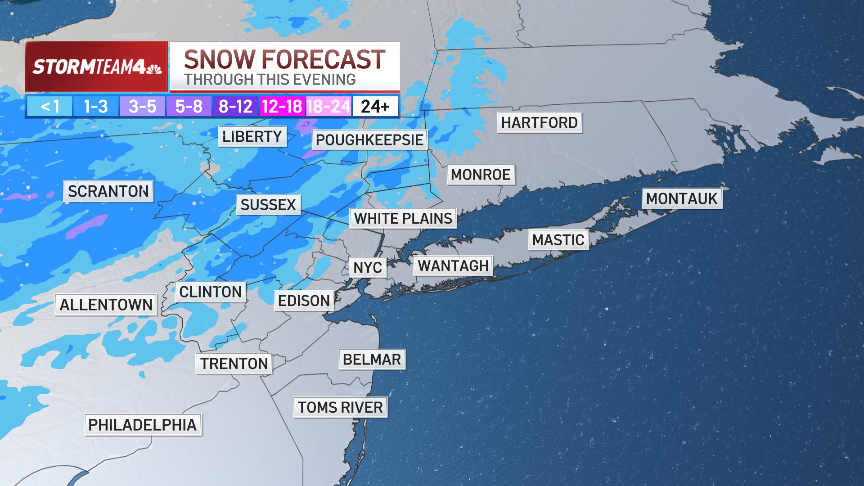Eric Adams, a former police officer, has been indicted on federal charges including wire fraud and conspiracy, becoming the first sitting New York City mayor to face criminal prosecution.
He is accused in a five-count indictment of a decade-long trail of crimes. He denies wrongdoing and has steadfastly refused to resign.
He is accused of securing bribes from foreign nationals and illegal campaign contributions in exchange for favors that included helping Turkish officials get fire safety approvals for a new diplomatic building in the city.
At a news conference outside Gracie Mansion following the unsealing of the indictment, Adams said he doesn't plan to resign from his job running the country's largest city, telling reporters he hopes New Yorkers will wait to hear his legal team's defense before making any judgments.
“From here, my attorneys will take care of the case so I can take care of the city,” he said at a hastily assembled news conference outside Gracie Mansion after the charges were made public. “It's an unfortunate day. And its a painful day. But inside all of that is a day when we will finally reveal why, for 10 months, I’ve gone through this. And I look forward to defending myself,” he said.
Get Tri-state area news delivered to your inbox. Sign up for NBC New York's News Headlines newsletter.
But would happen if he changed his mind?
Local
Public Advocate Jumaane Williams would become acting mayor. If he isn't able to do so, the job would go to NYC Comptroller Brad Lander, who has already announced plans to run for mayor in 2025.
Here's what happens next:
Within three days of Adams' exodus, the acting mayor would need to set a date for a special mayoral election. That election will be held on the first Tuesday that comes when Adams is at least 80 days out of office.
It would operate using New York's ranked-choice system, where voters can rank up to five candidates in order of their preference. Should one of the candidates earn at least 50% of the vote, that candidate wins. If that doesn't happen, the election goes into another round of voting -- and so on and so forth until someone gets the 50%.
The last-place candidate in each round of voting is eliminated and those votes redistributed, which is why the ranking factor is of vital importance.
There wouldn't be any primaries, so no one would run with a party affiliation. That makes the special election nonpartisan. It also means voters of any party affiliation can participate in the election as well.
There is one caveat, given the upcoming mayoral election.
Should Adams resign within 90 days of the June primaries, no special election would be held. In that case, the acting mayor would stay the mayor until a new mayor is elected in November. That person would immediately take office.



